Ring vs Nest doorbell — Our Verdict on the Two Biggest Doorbell Brands
In the Ring vs Nest doorbell comparison, which one comes out on top? Our expert offers their opinion

Caroline Preece
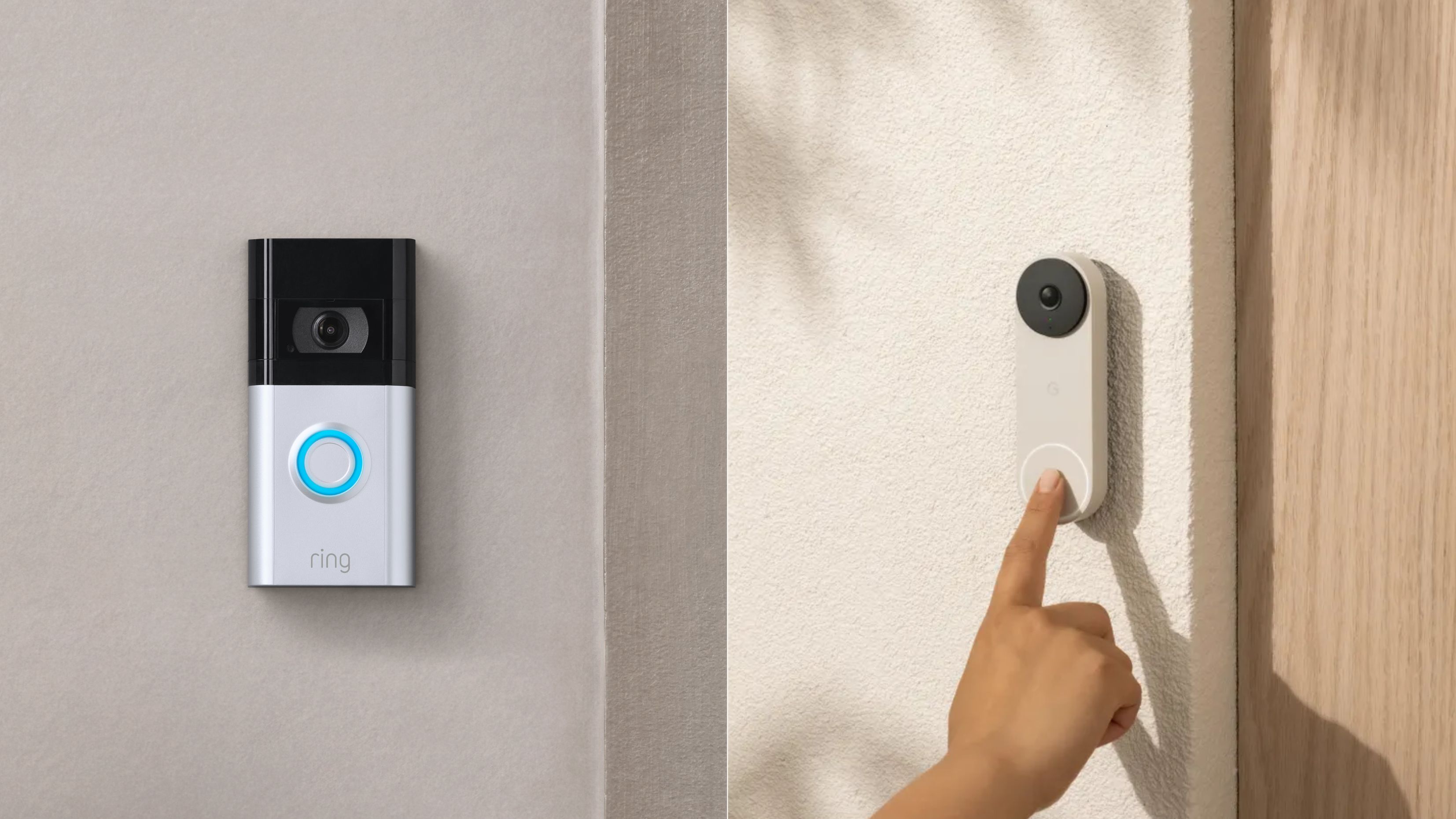
The Livingetc newsletters are your inside source for what’s shaping interiors now - and what’s next. Discover trend forecasts, smart style ideas, and curated shopping inspiration that brings design to life. Subscribe today and stay ahead of the curve.
You are now subscribed
Your newsletter sign-up was successful
When you're choosing a wireless doorbell, you might be comparing Ring vs. Nest. But which is better? Or, more importantly, which is the best one for your needs? This guide aims to explain the pros and cons of each brand so you can make an informed decision when buying your video doorbell.
Ring is owned by Amazon, and Nest is Google-owned, so based on that alone, you may wish to side with one over the other to fit in with any smart home kit you already have. That can make integration with more features easier, like your doorbell ring also turning on automated lights. But there is a lot more to consider when trying to decide the best wireless doorbell for you.
Ring has been around longer and has seven doorbells to choose from, whereas the relatively newer Nest is simpler and has two options. Both have battery and wired options. Also, these are the two top brands out there in terms of hardware and app software, so whichever you pick, you should be pleased with the quality. It also means they're some of the highest priced, but you might find it's a price worth paying.
Ring vs Nest: Which doorbell is cheaper?
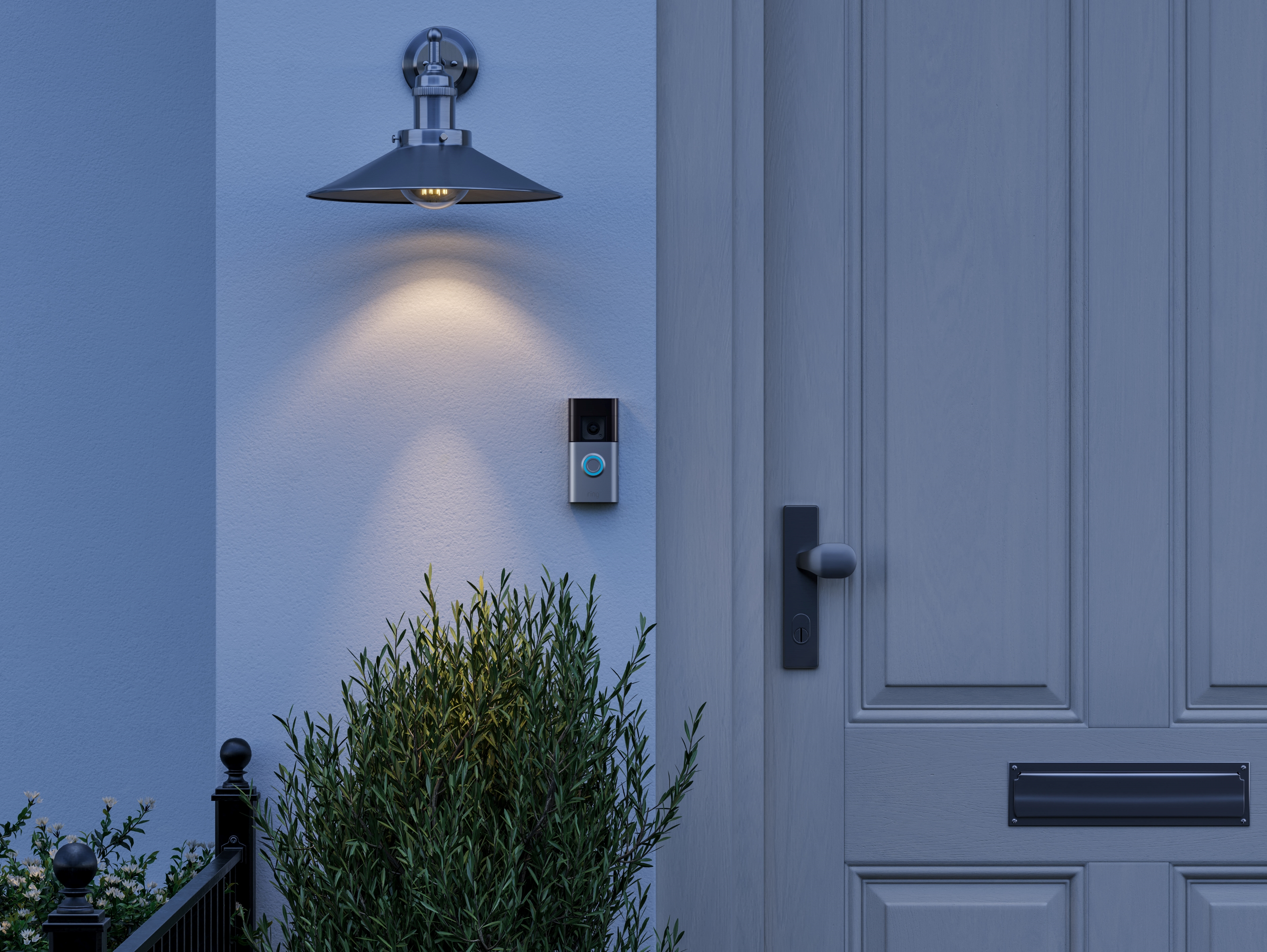
Ring offers a variety of doorbell models with prices ranging from $59 for the Ring Video Doorbell Wired to $349 for the Ring Video Doorbell Elite. The Ring Video Doorbell Pro 2 is priced at $249. Ring's subscription for cloud-based video storage costs $3 per month.
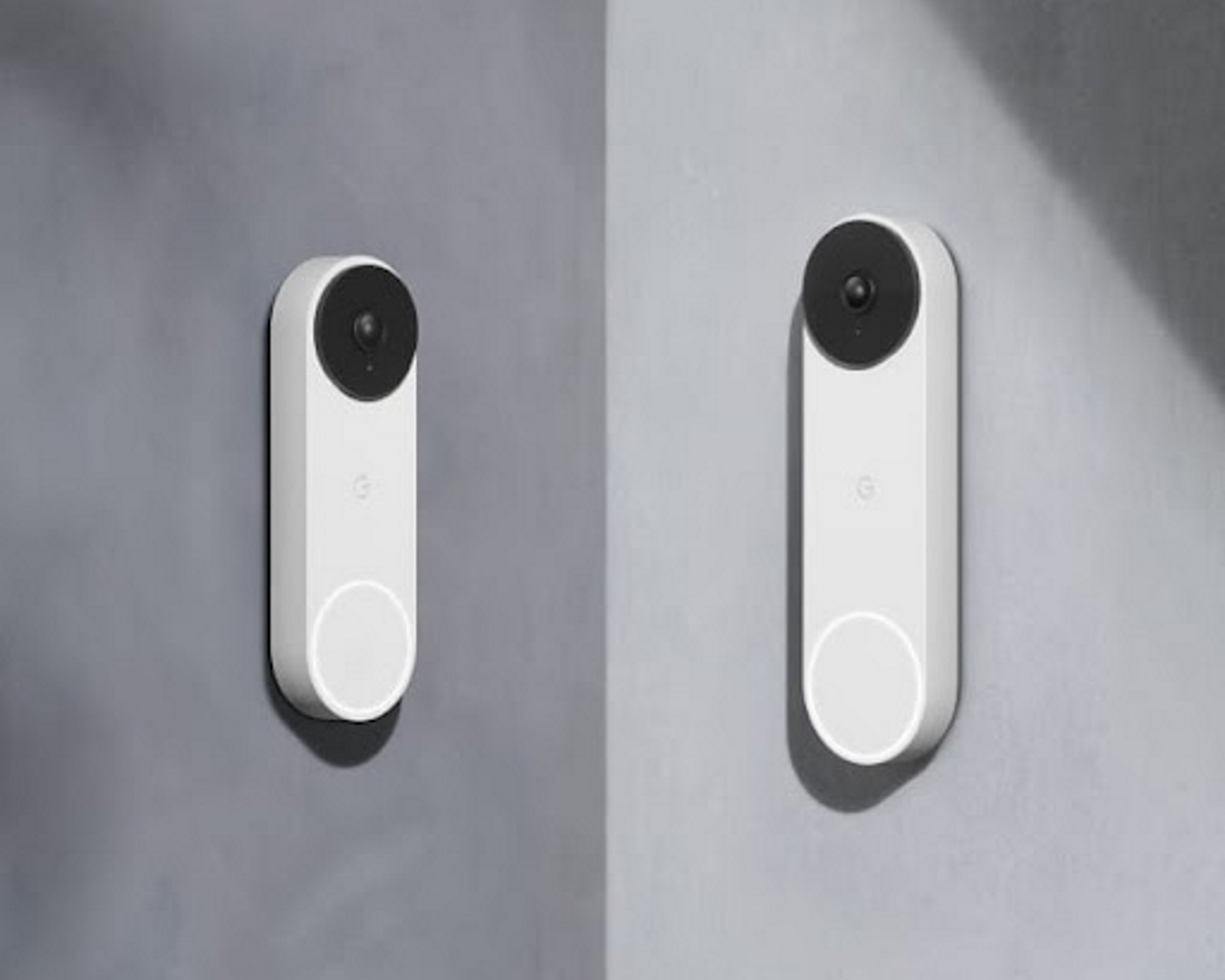
The Nest Doorbell (battery) is priced at around $179, while the Nest Doorbell (wired) comes in at about $229. Additionally, Nest requires a $6 per month subscription for cloud-based video storage and offers three free hours of rolling footage.
- Winner: Ring
Ring vs Nest: which is easier to install?
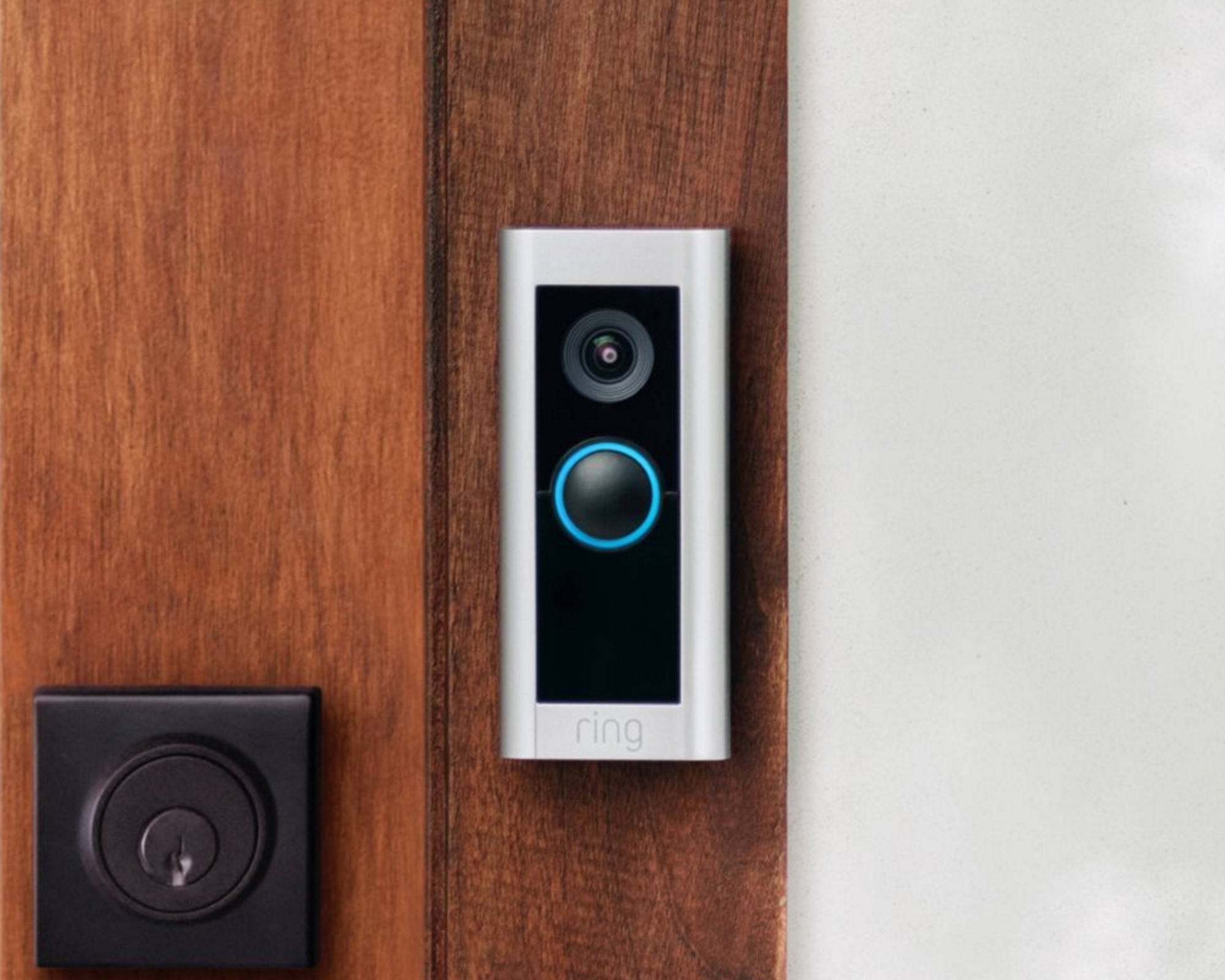
With its comprehensive instructions and tools, setting up the Ring video doorbell is a breeze. It offers the flexibility of using a plug-in chime for alerts and boosting WiFi. It also seamlessly integrates with Amazon Echo devices, making installation and customization a smooth and convenient experience.
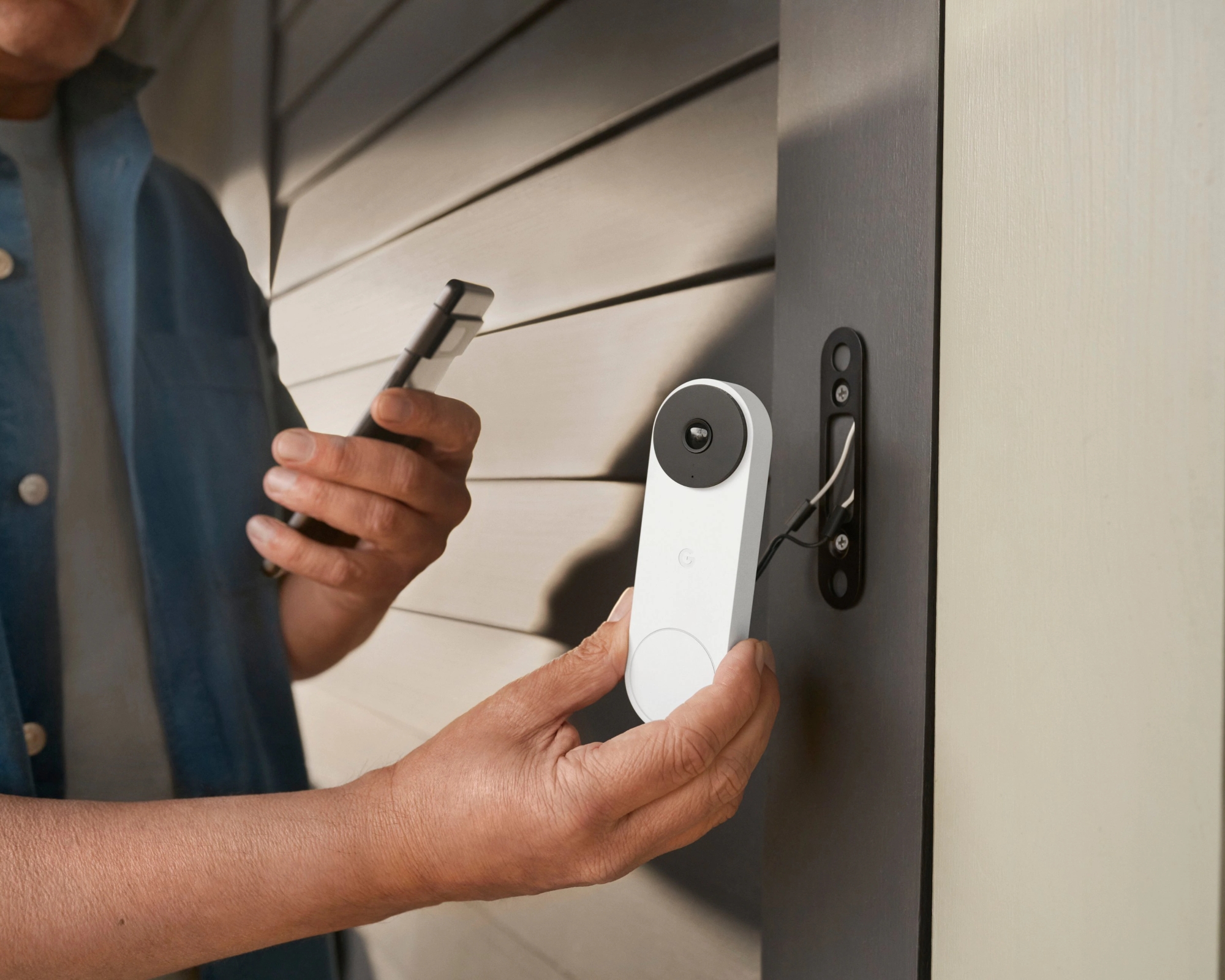
Nest installation is relatively simple, thanks to the superb instructions and tools included. The user-friendly process allows for integration with Google devices like the Nest speaker, providing flexibility. However, it doesn't support plug-in chime for alerts or boosting WiFi, which may affect user preferences.
- Winner: Ring
Ring vs Nest: Video and audio quality
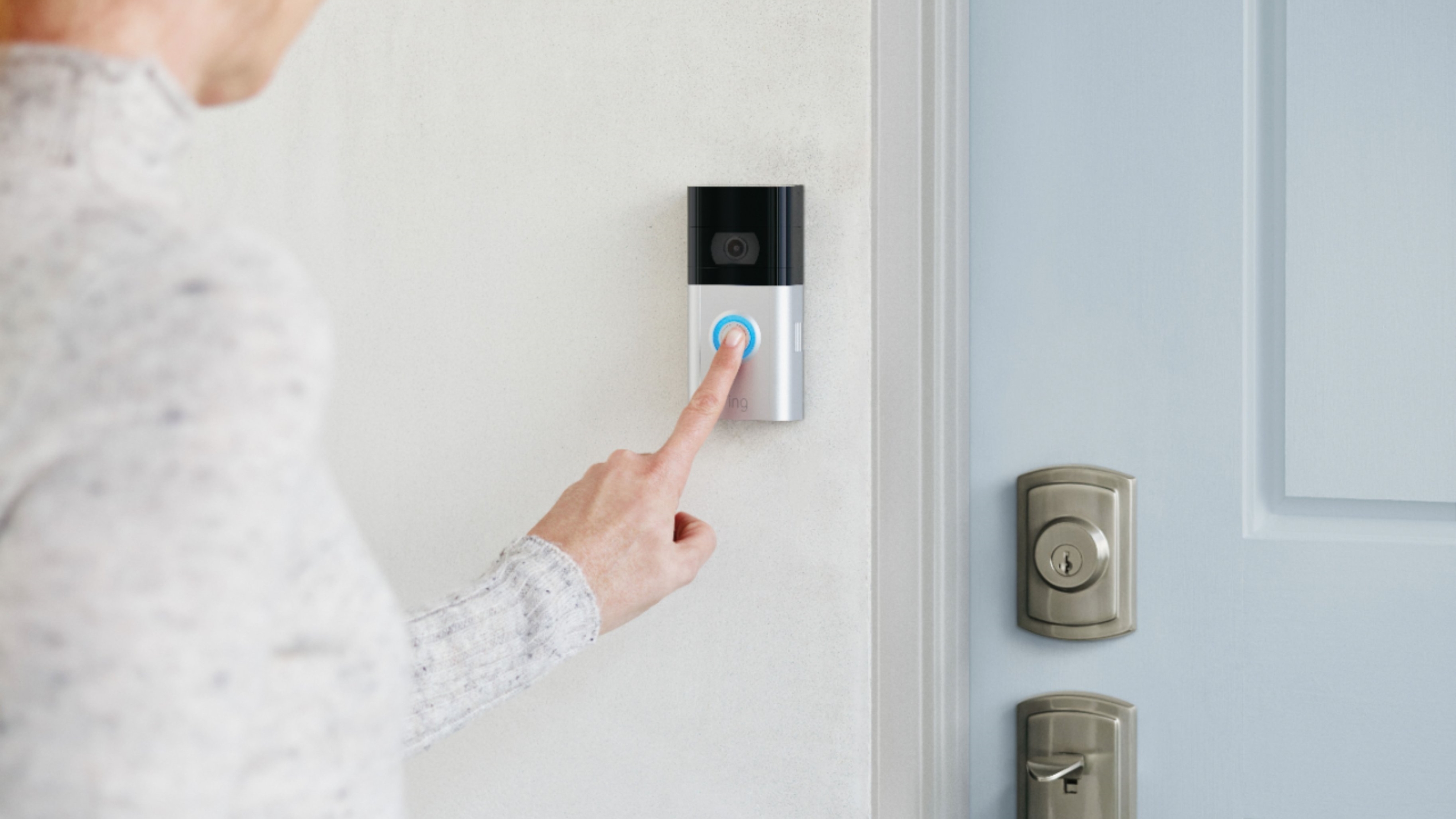
The Ring video doorbell offers high-quality video with a resolution of 1920 x 1080 and excellent audio quality. The camera also features HDR for clear images in varying lighting conditions. The audio is clear and allows for two-way communication.
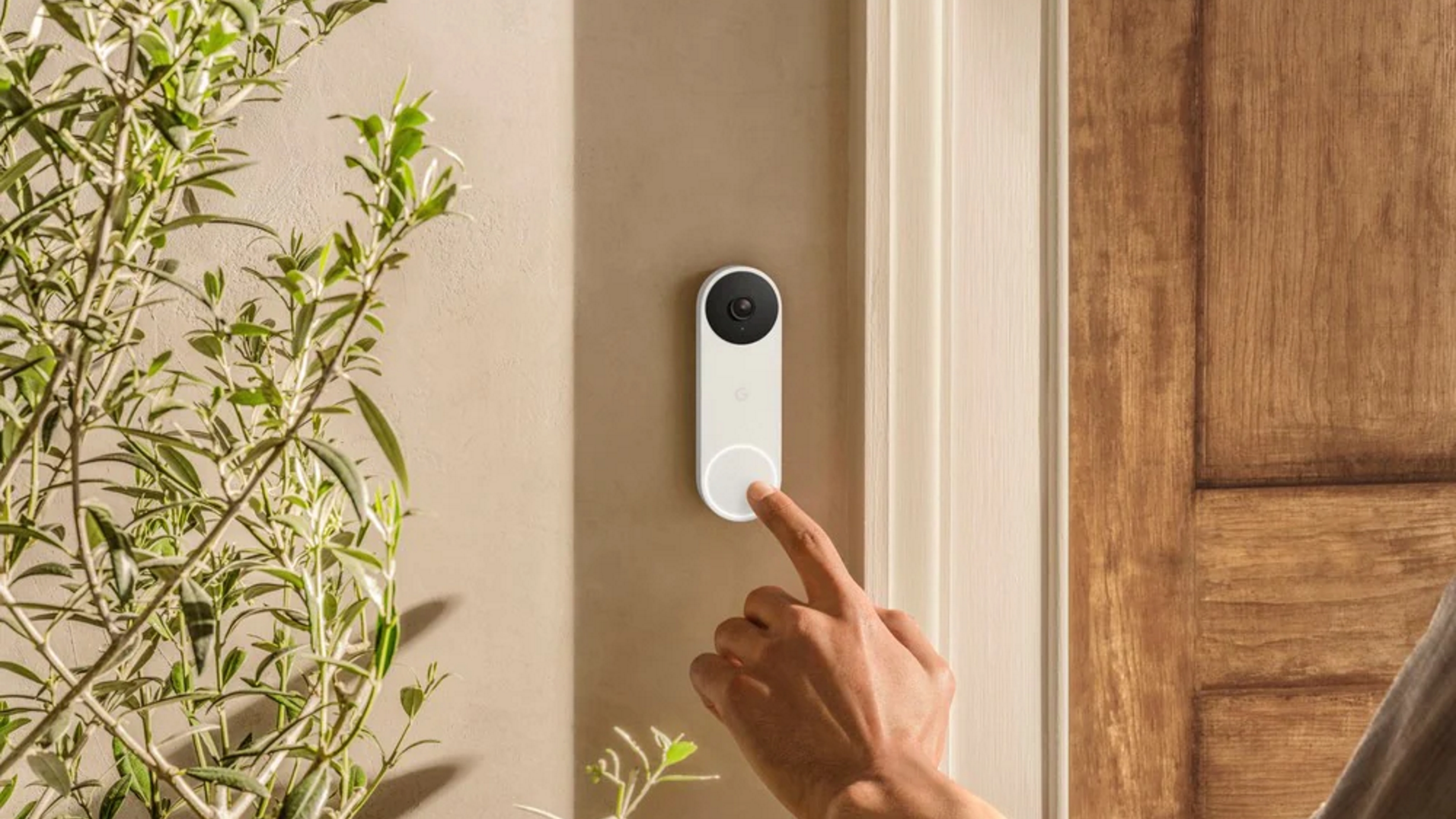
The Nest Doorbell offers excellent video quality with a resolution of 960 x 1280 and a 3:4 aspect ratio, providing a better top-to-bottom view. Its HDR feature ensures clear images even in varying lighting conditions. The audio quality is impressive, allowing clear communication with visitors at the door.
- Winner: Nest
Ring vs Nest: Which has the best features?
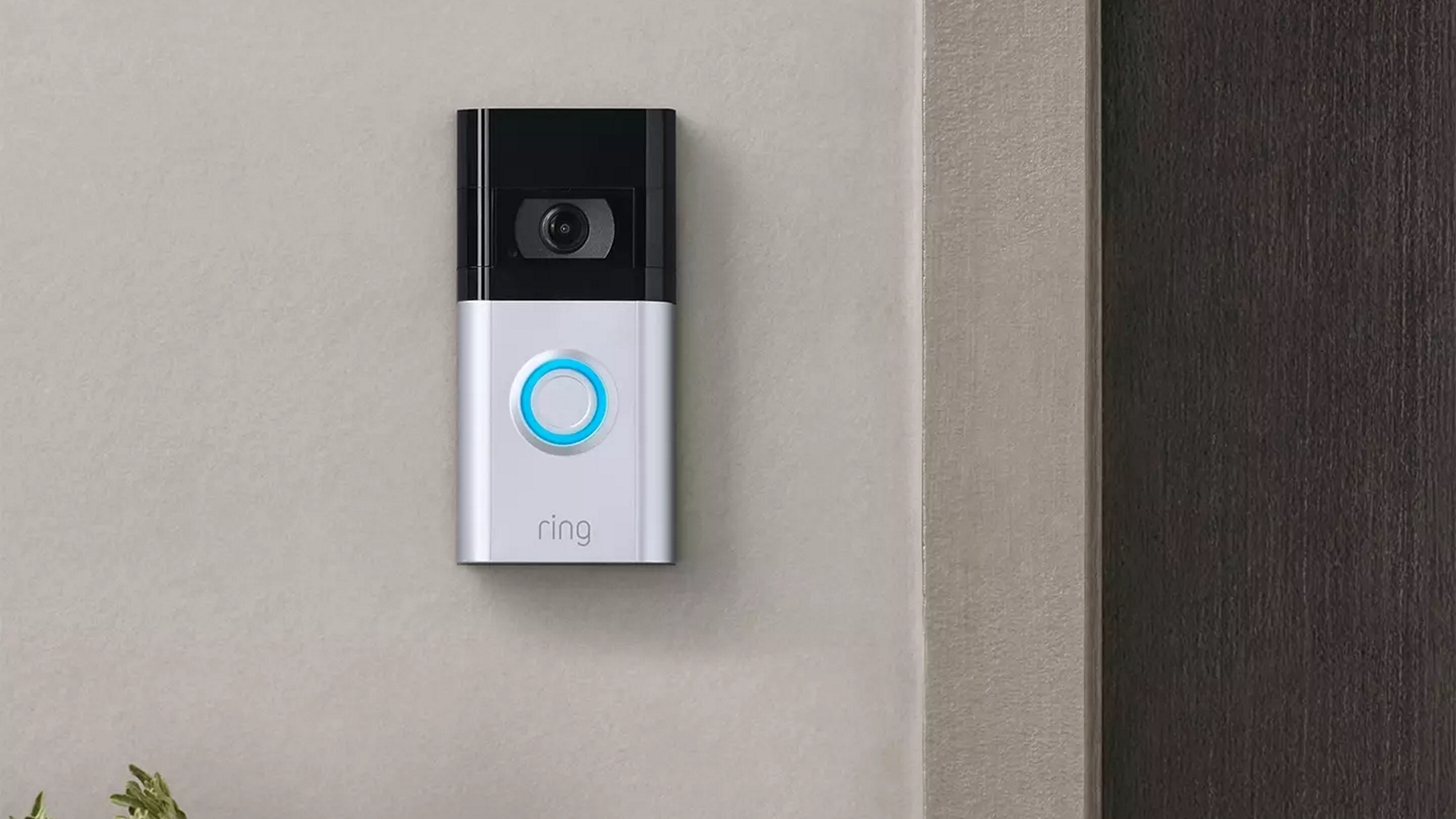
The Ring doorbell subscription offers customer motion zones, person detection, package detection, neighborhood alerts, extended video recording, and seamless integration with Alexa and Google Assistant. It also enables automation, such as turning on Lutron lights when the doorbell is pressed.
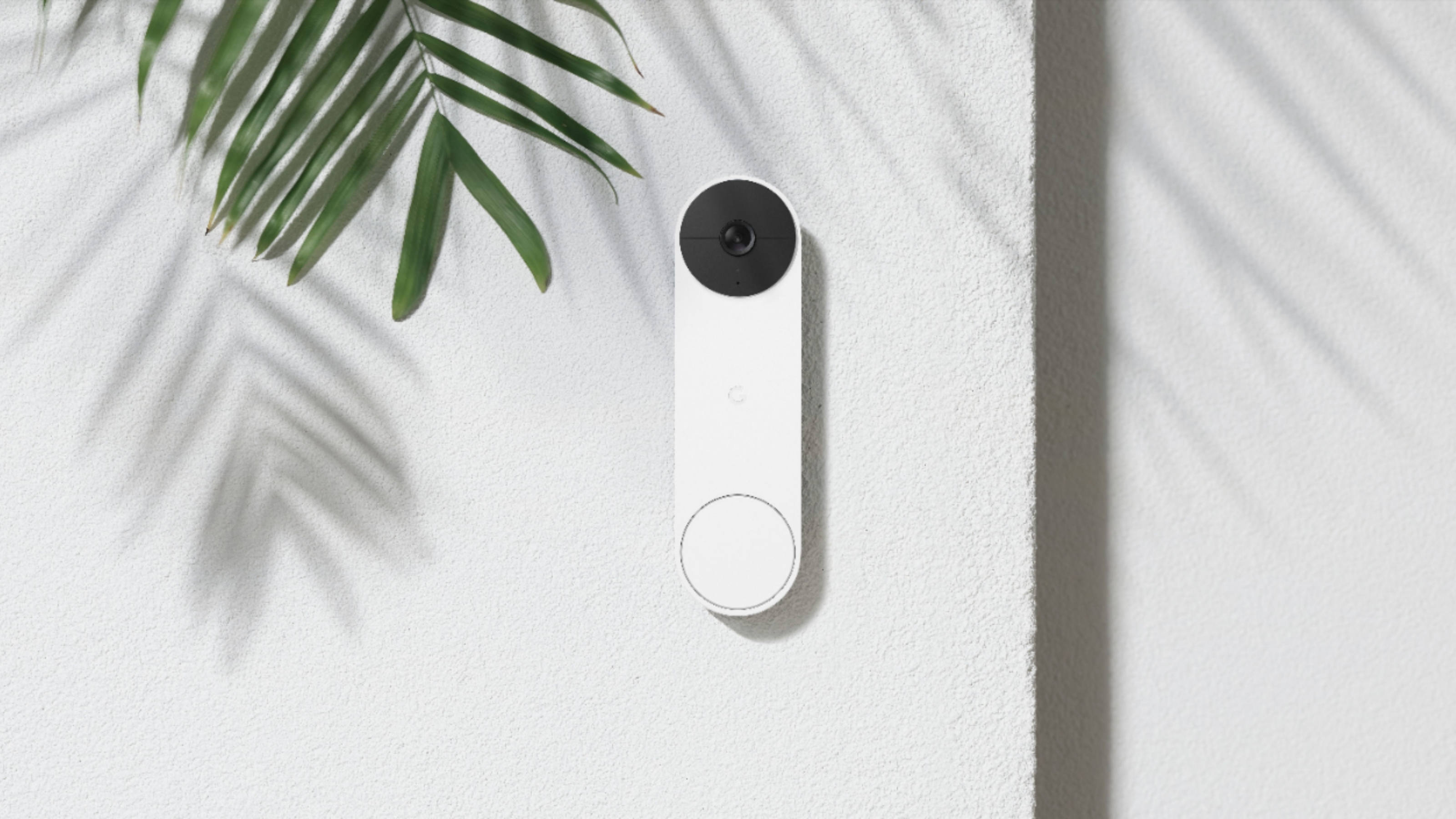
The Nest doorbell offers advanced features, including neighborhood alerts, extended video recording, smart home integration with Alexa and Google Assistant, dual-band WiFi for better connection, and noise and echo cancellation on two-way audio. These features make Nest a competitive option for those seeking advanced smart doorbell capabilities.
- Winner: Nest
Ring vs Nest: Our verdict
Both the Nest and Ring options have their own set of pros and cons, so your decision may ultimately come down to a specific feature that stands out to you. It's important to note that in the comparisons made where Nest comes out on top, it's referring to the base models. However, if you are willing to spend more, the premium Ring doorbell options offer everything that Nest does and more. If you prioritize getting the most value for your money upfront, then Nest is the way to go. But if you are open to spending more on top-notch features, then a premium Ring doorbell will be a good choice for you.
The Livingetc newsletters are your inside source for what’s shaping interiors now - and what’s next. Discover trend forecasts, smart style ideas, and curated shopping inspiration that brings design to life. Subscribe today and stay ahead of the curve.

Luke is a veteran journalist and editor of over two decades where he has written about everything but specialises is technology, science, health and fitness, smart homes and health. He contributes to Real Homes, T3, Tom's Guide and TechRadar, among many other titles. As a father of two, any spare time he gets is enjoyed surfing, reading, hiking, camping and generally getting out in nature.
- Caroline PreeceFormer Smart Homes Ecommerce Editor